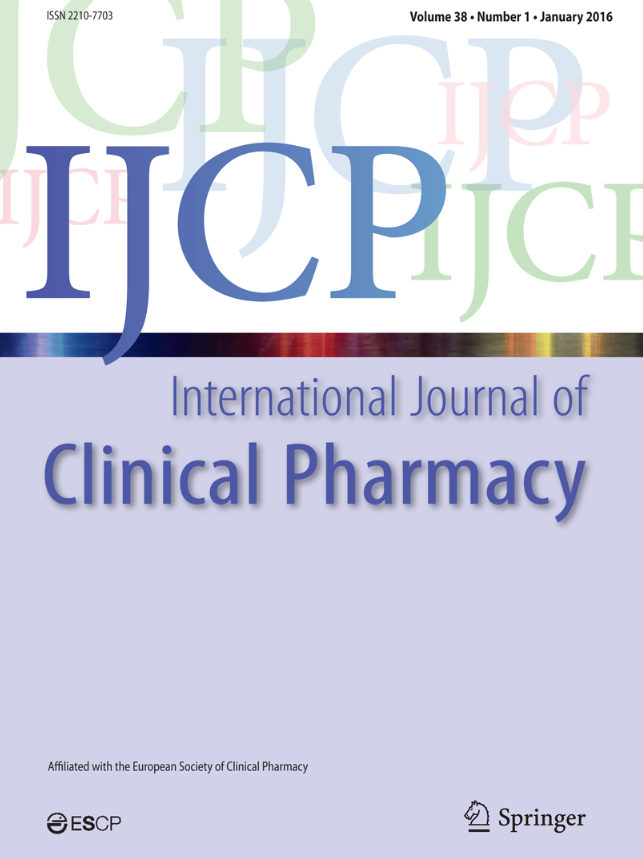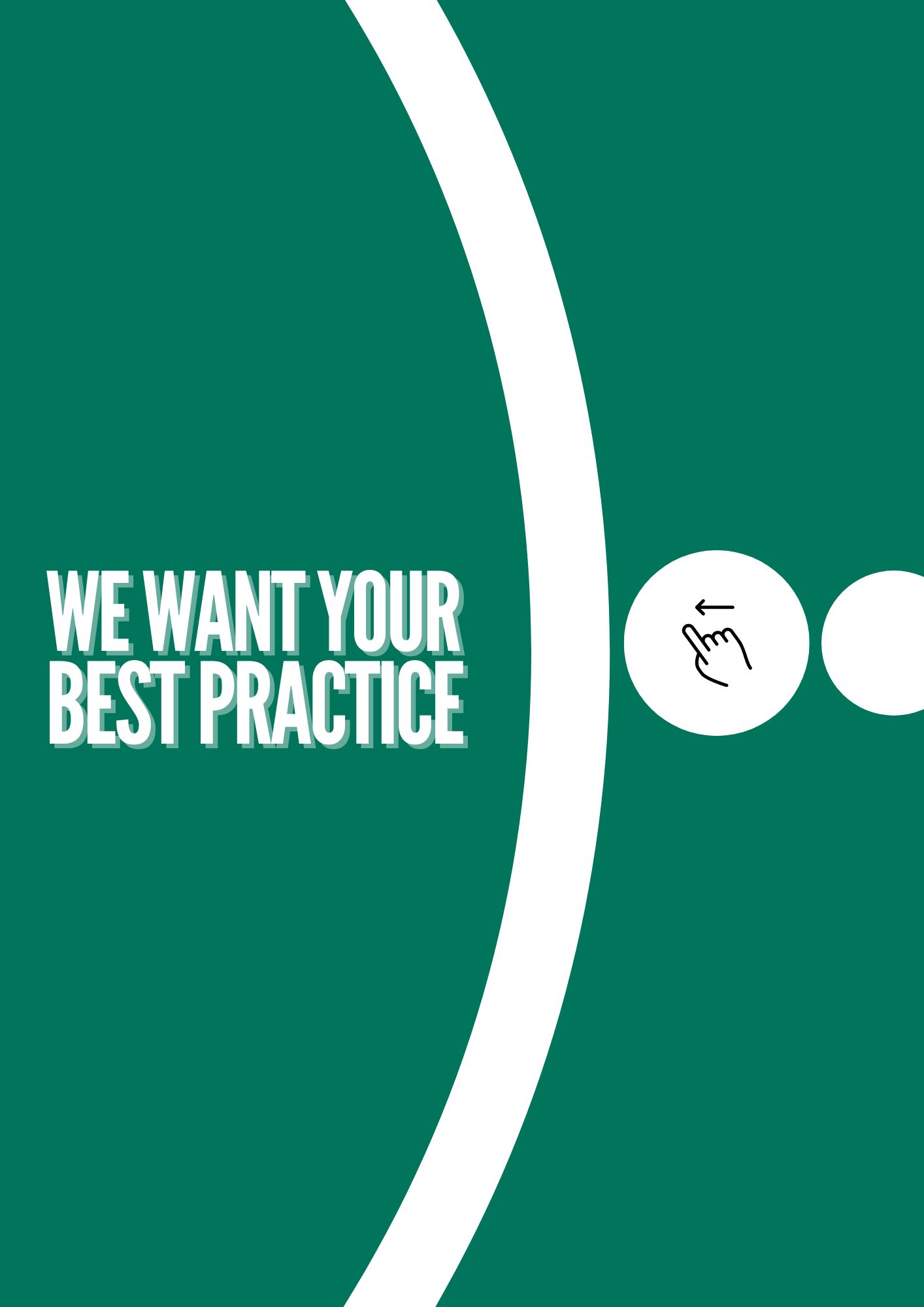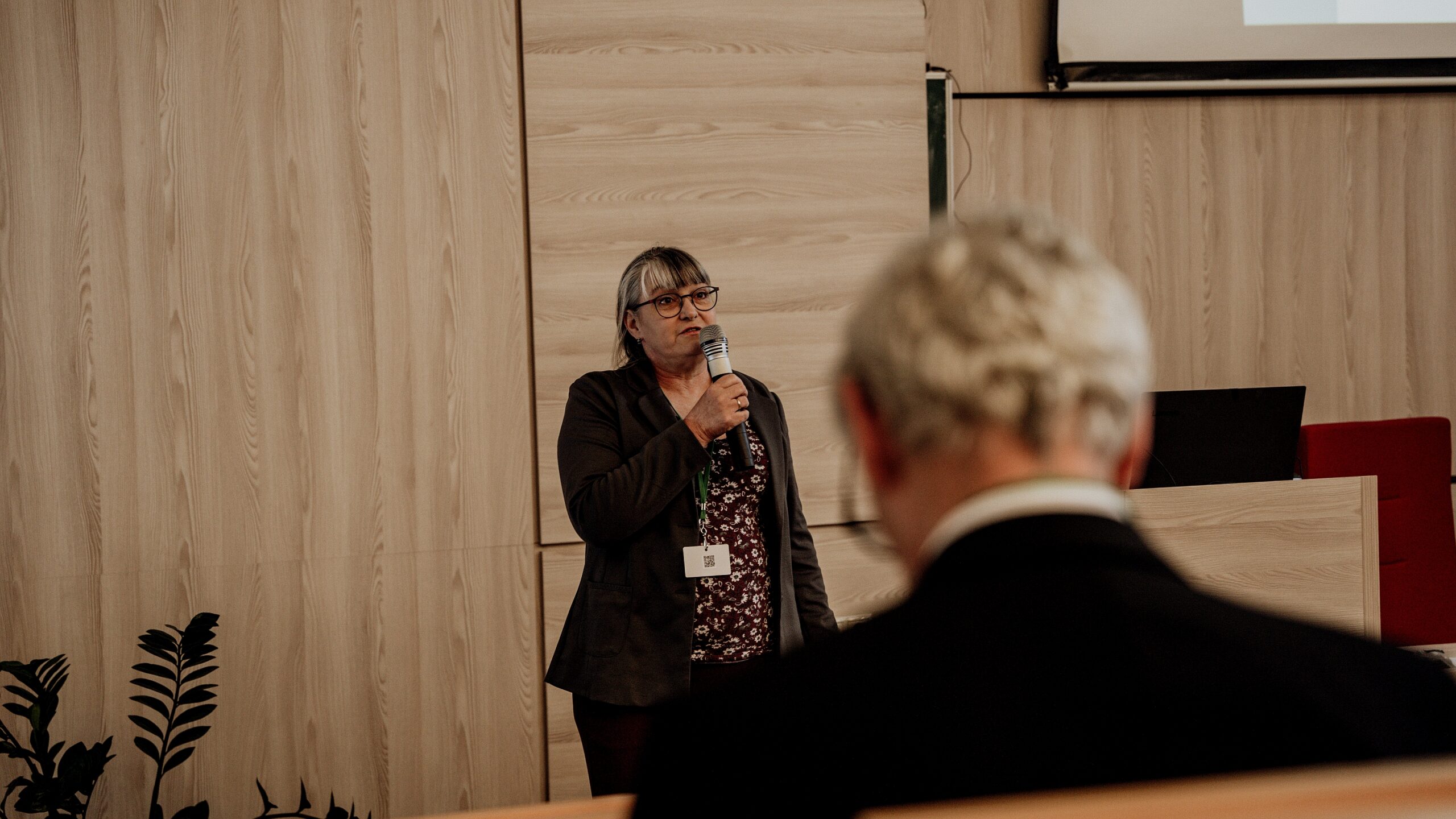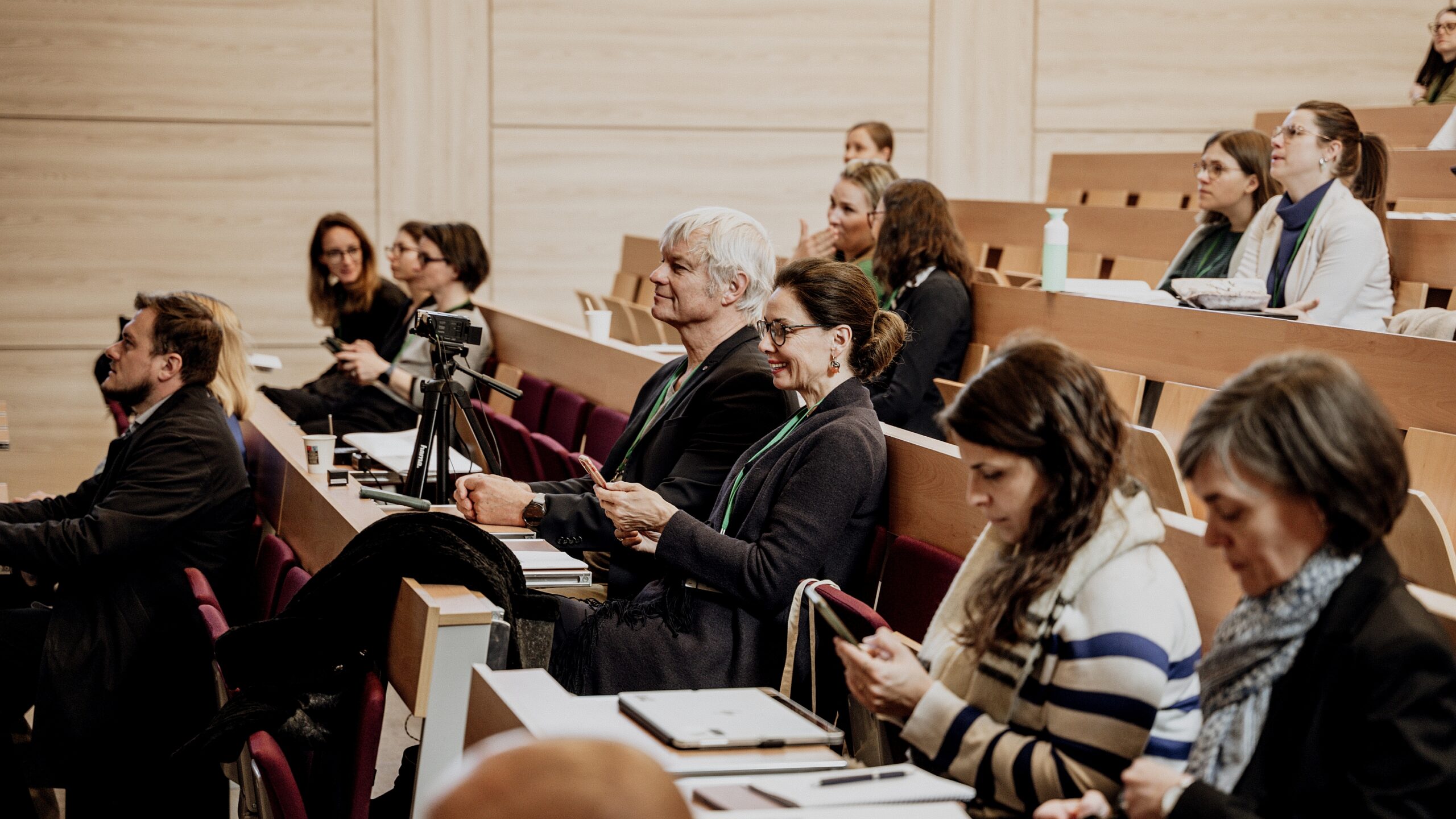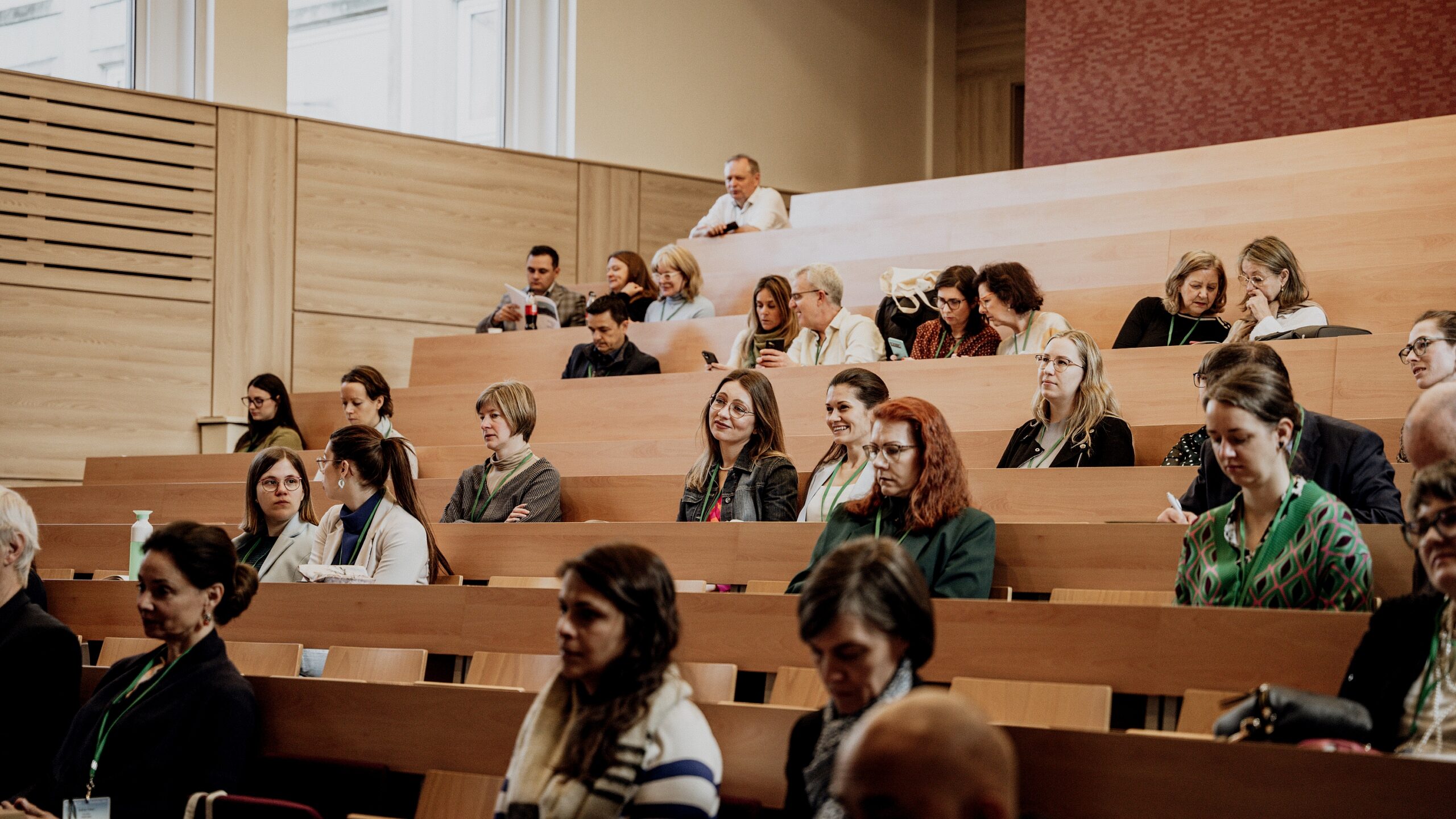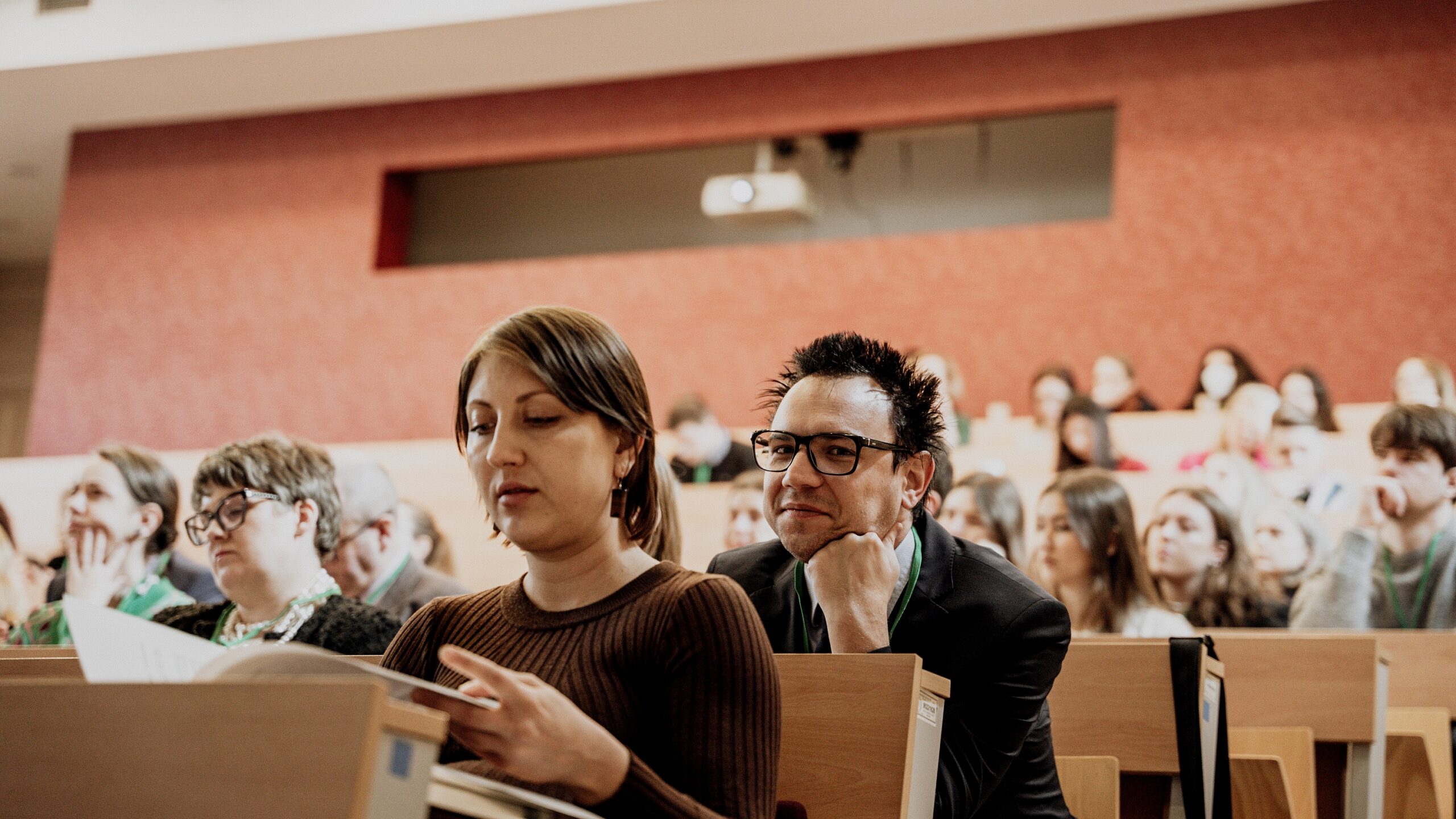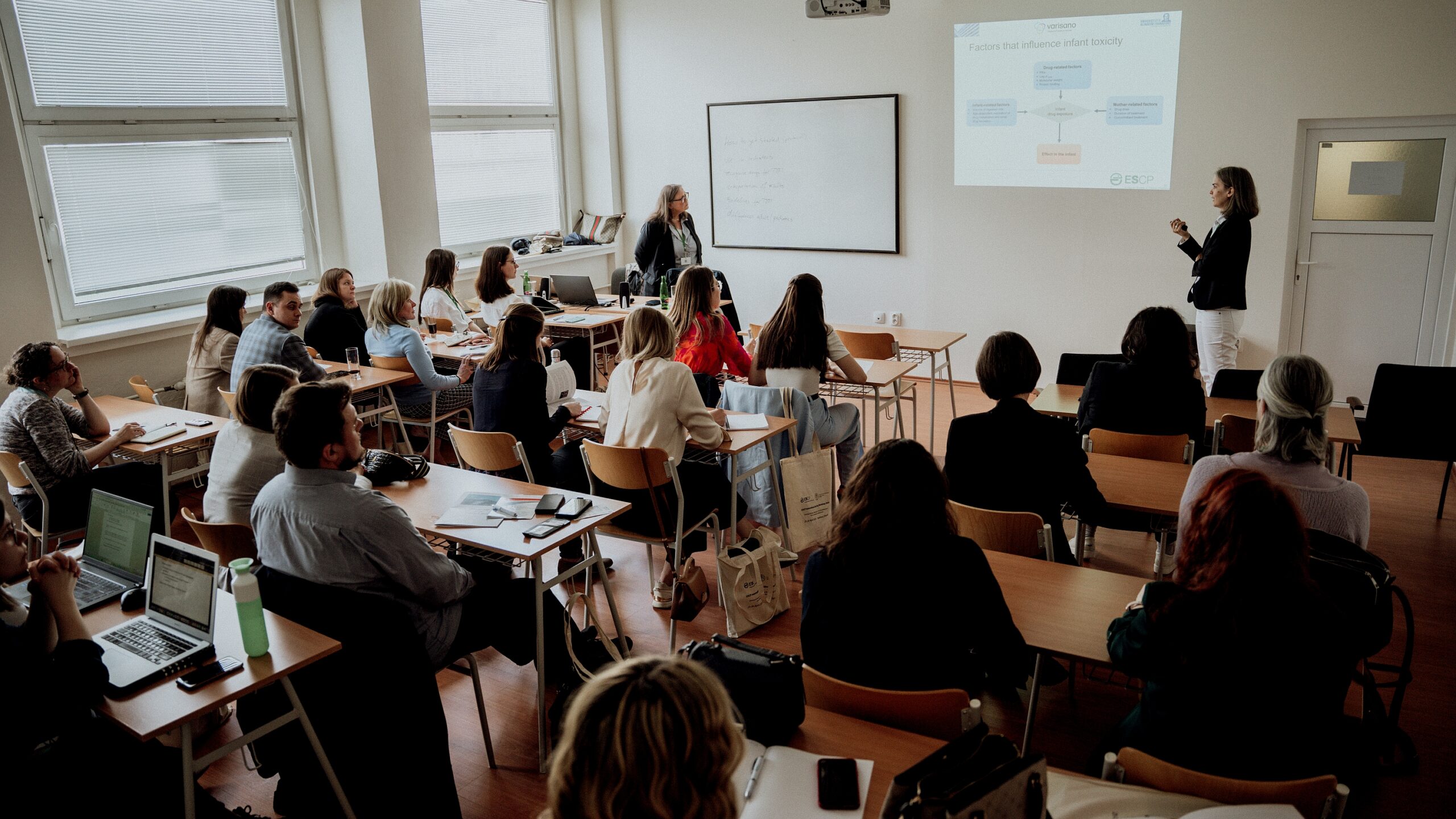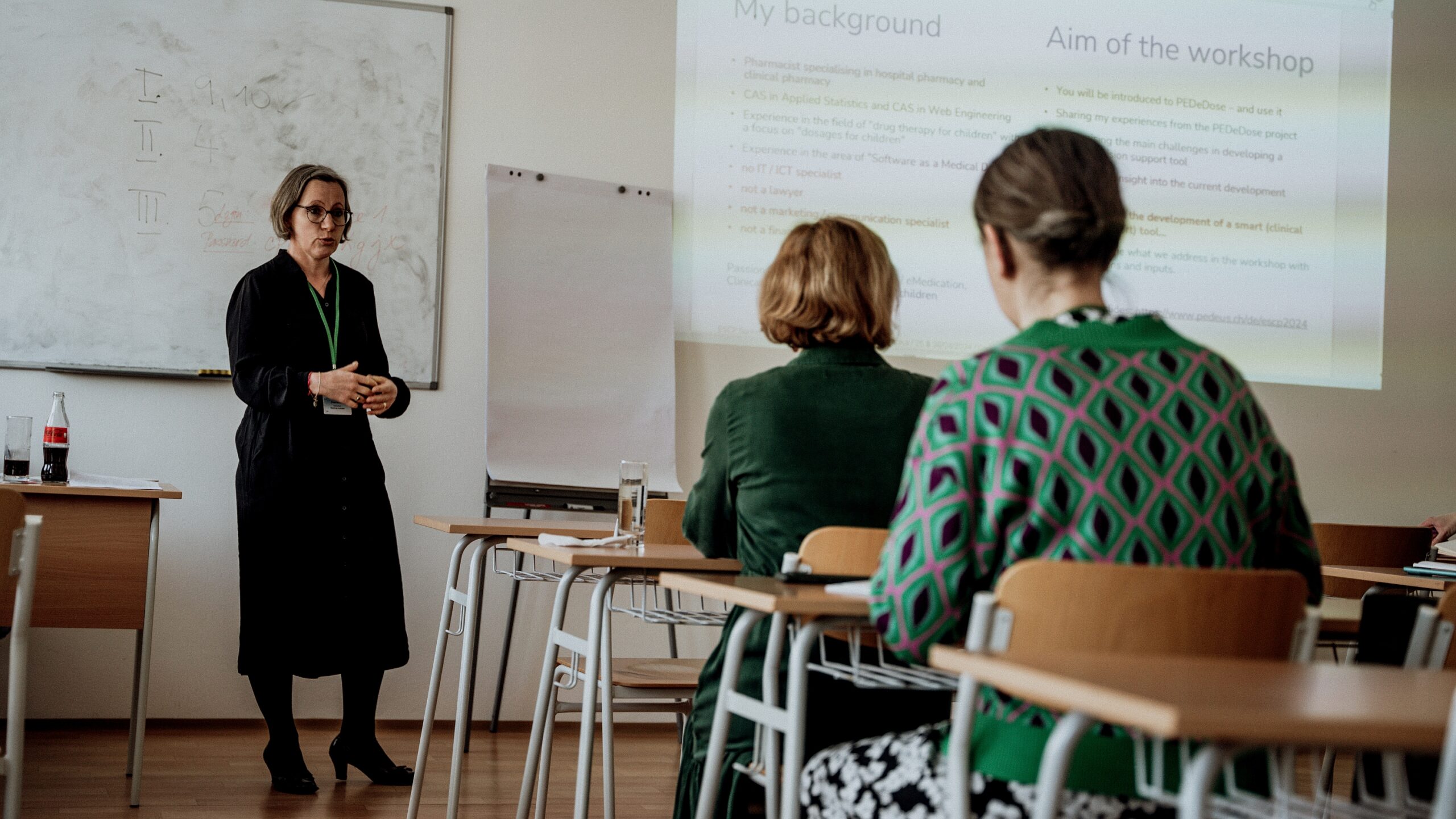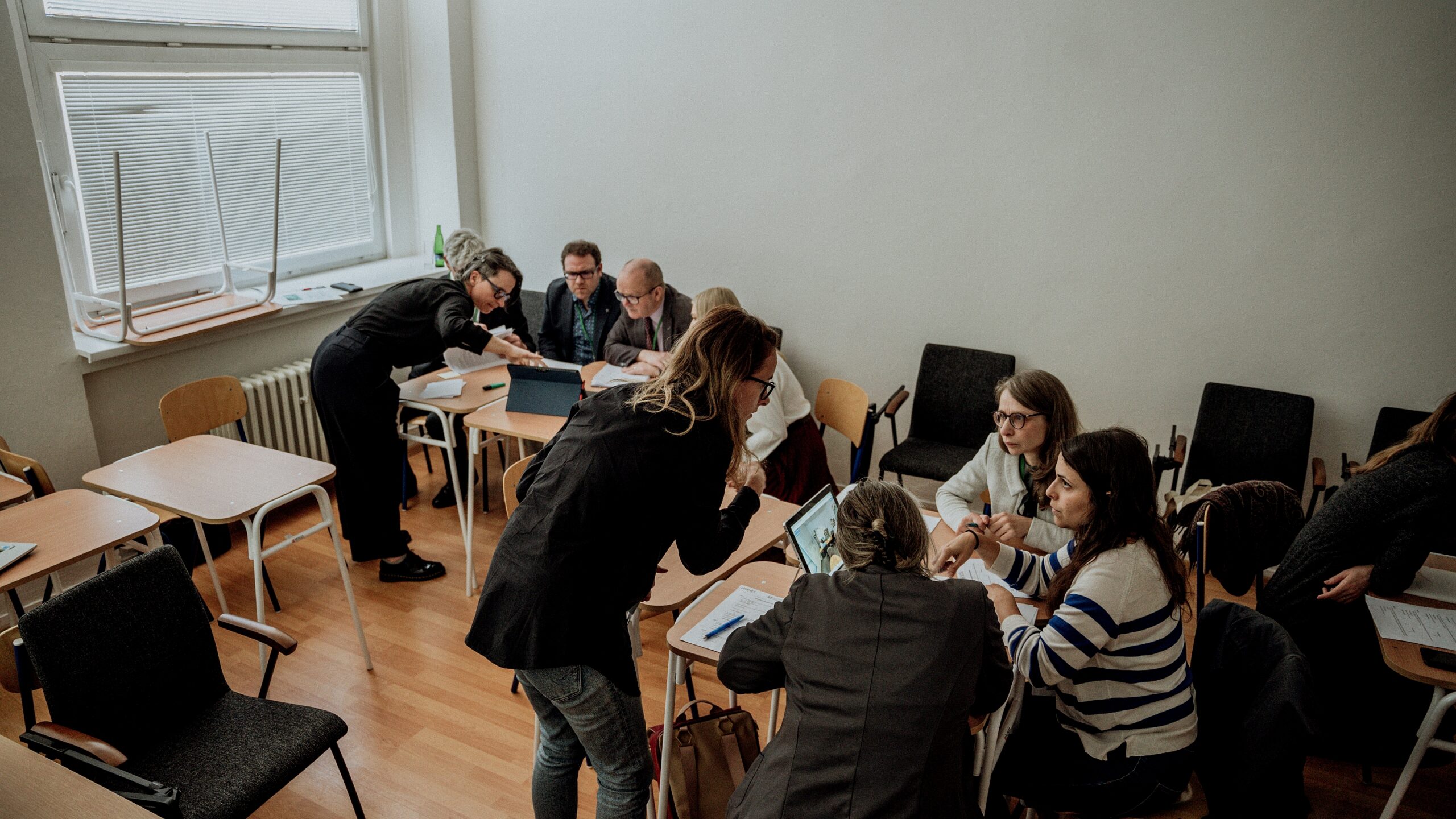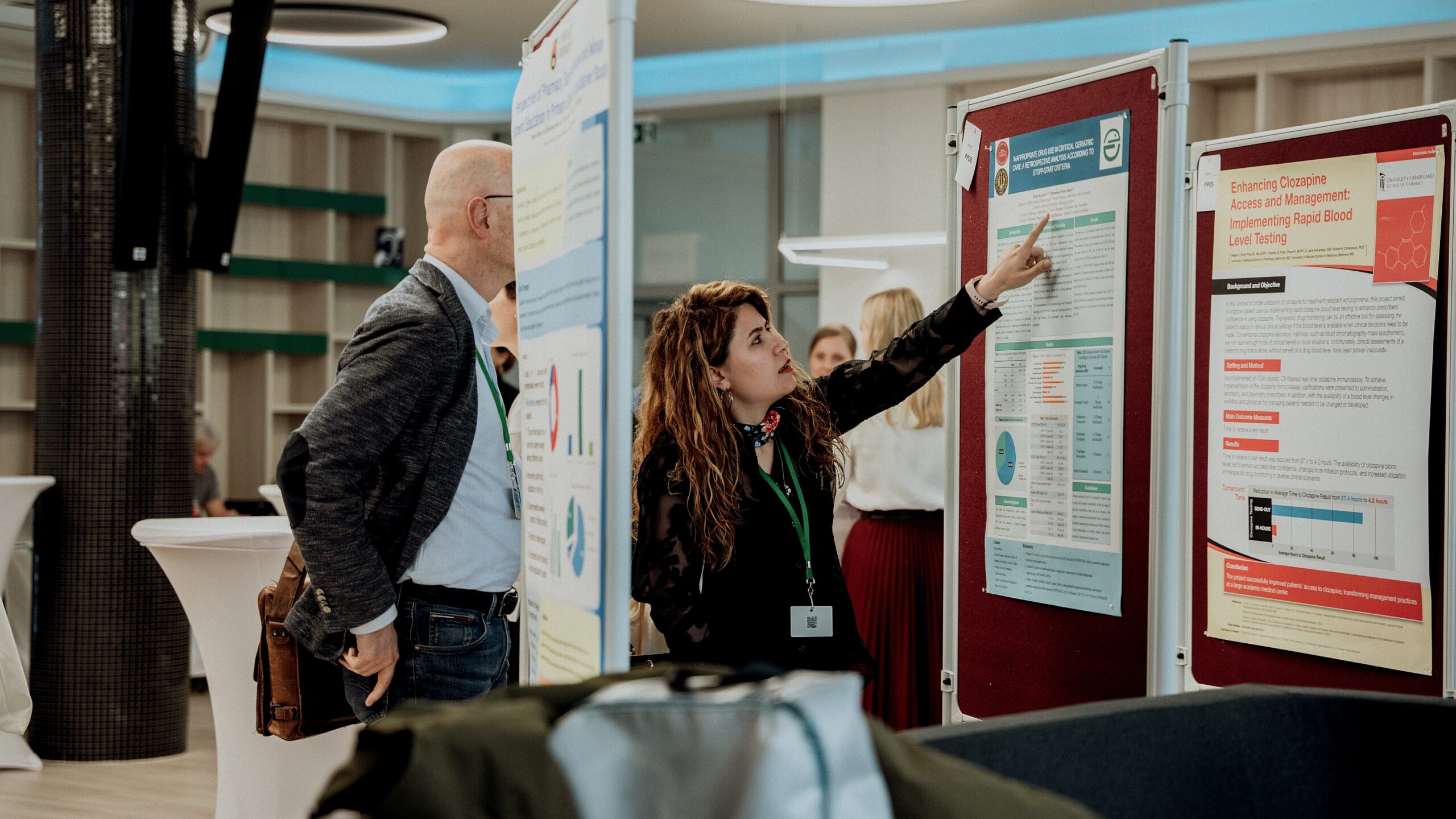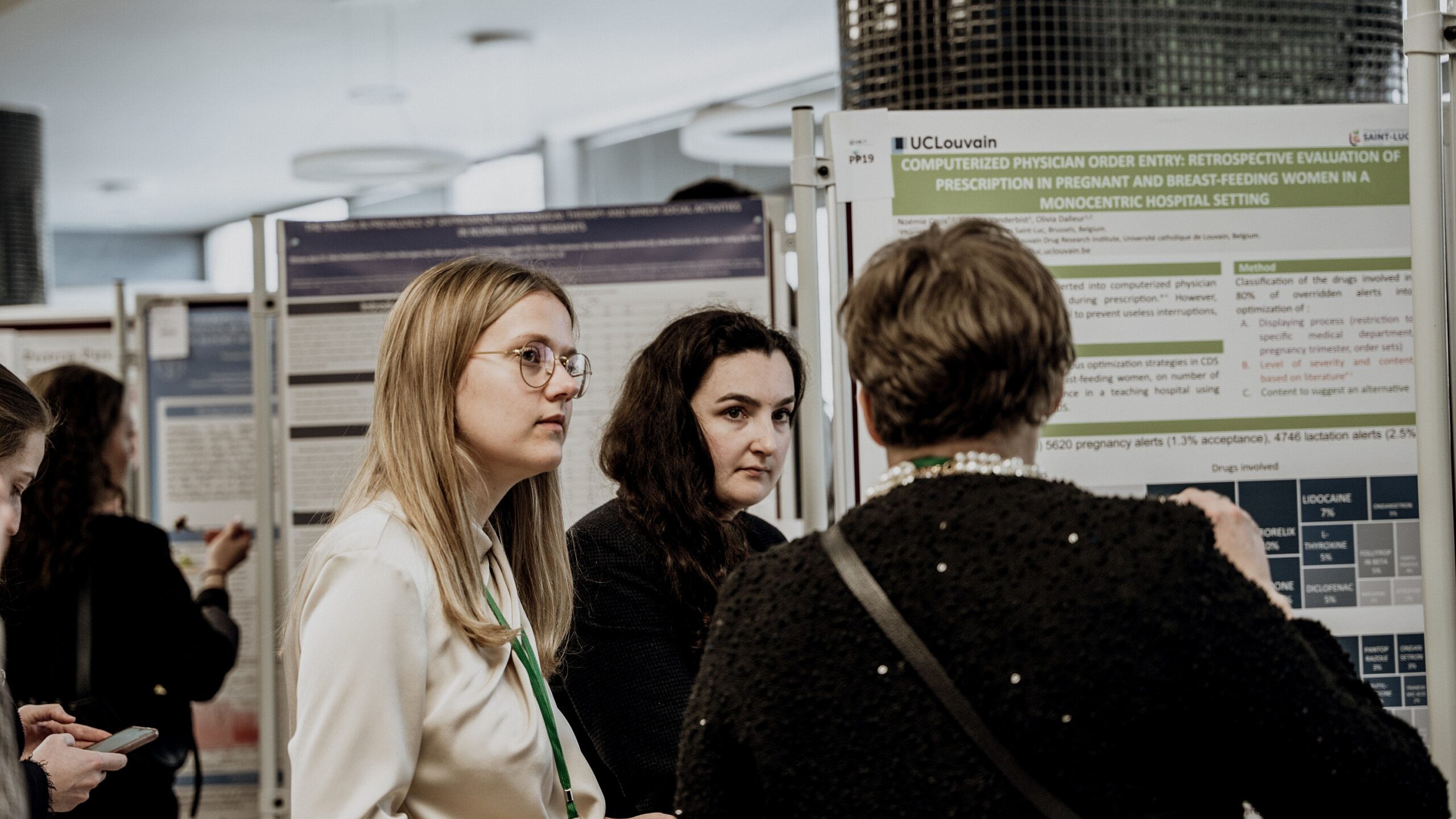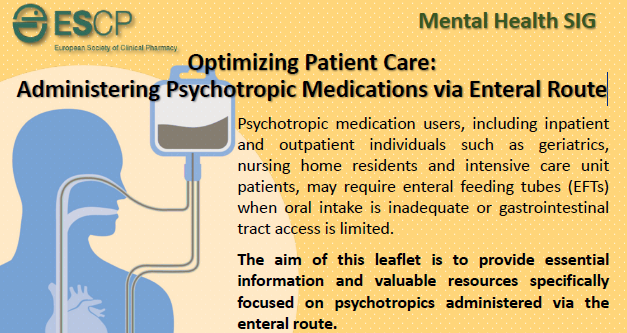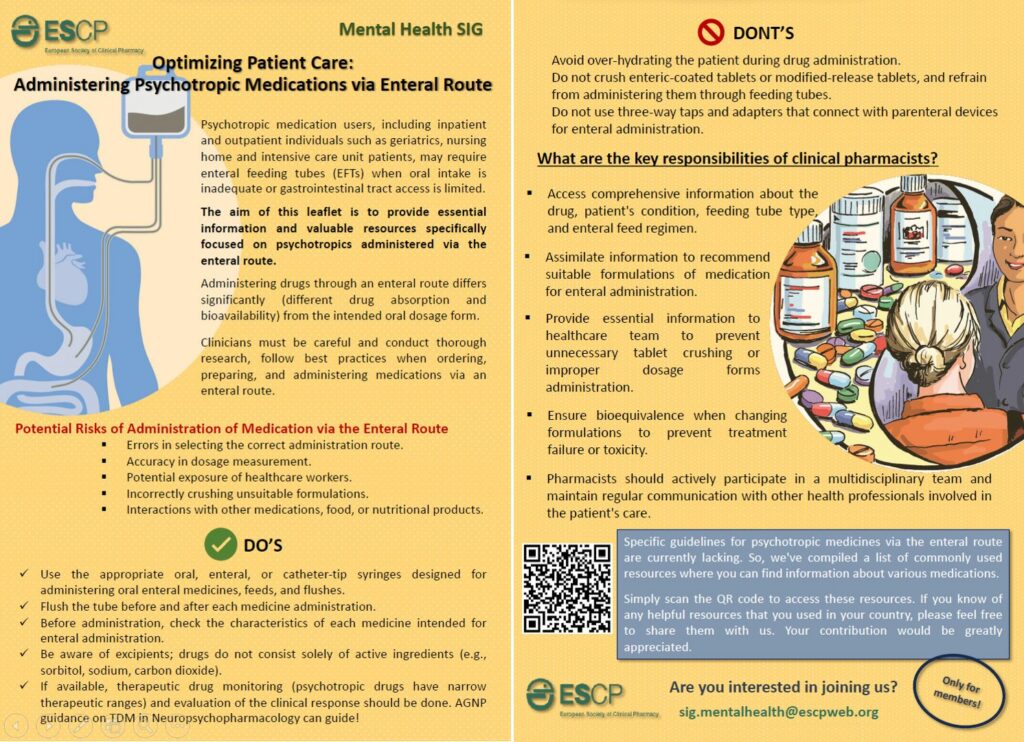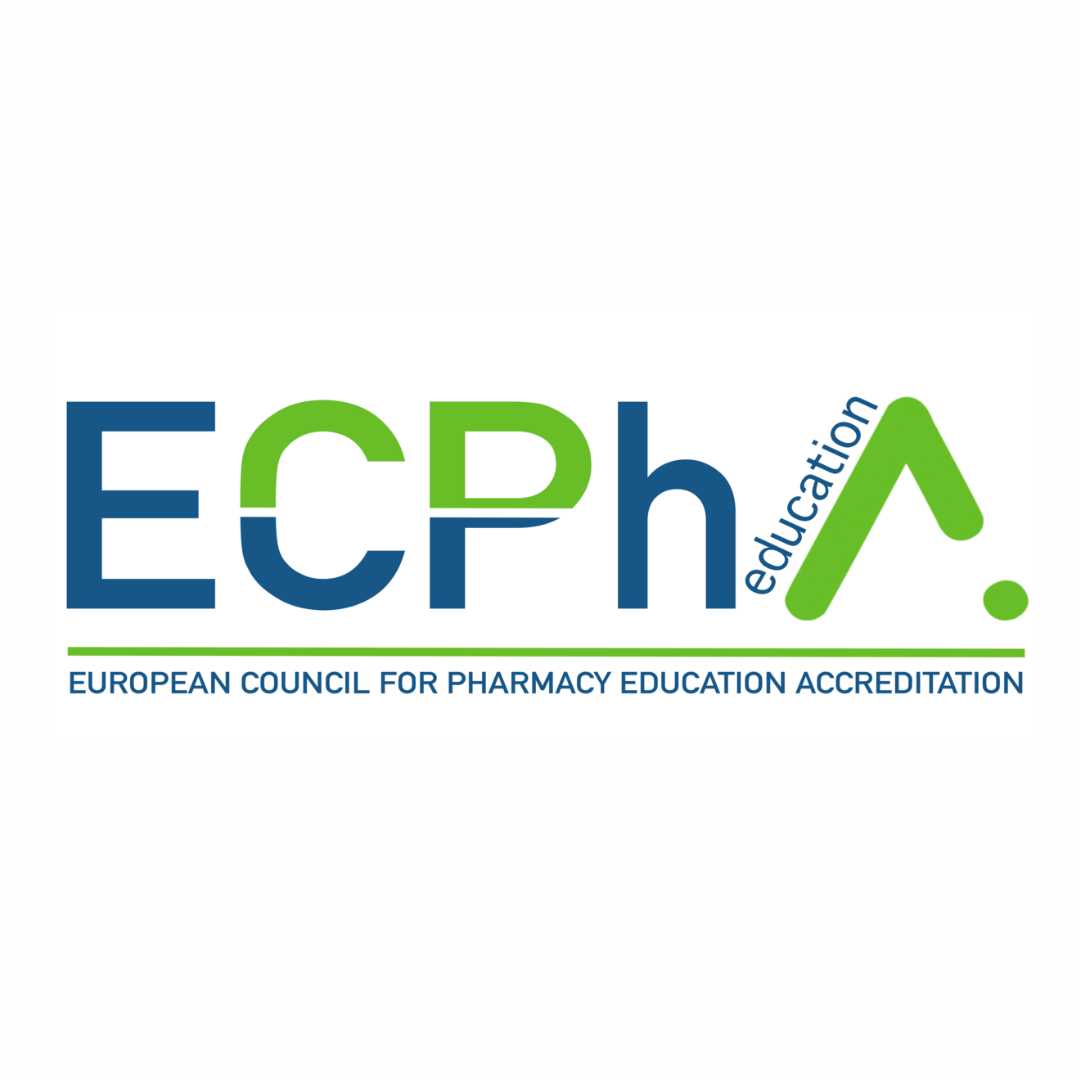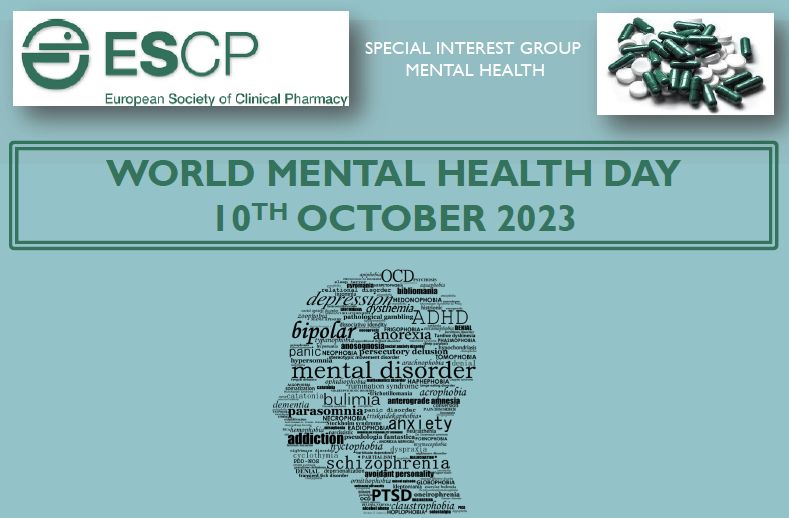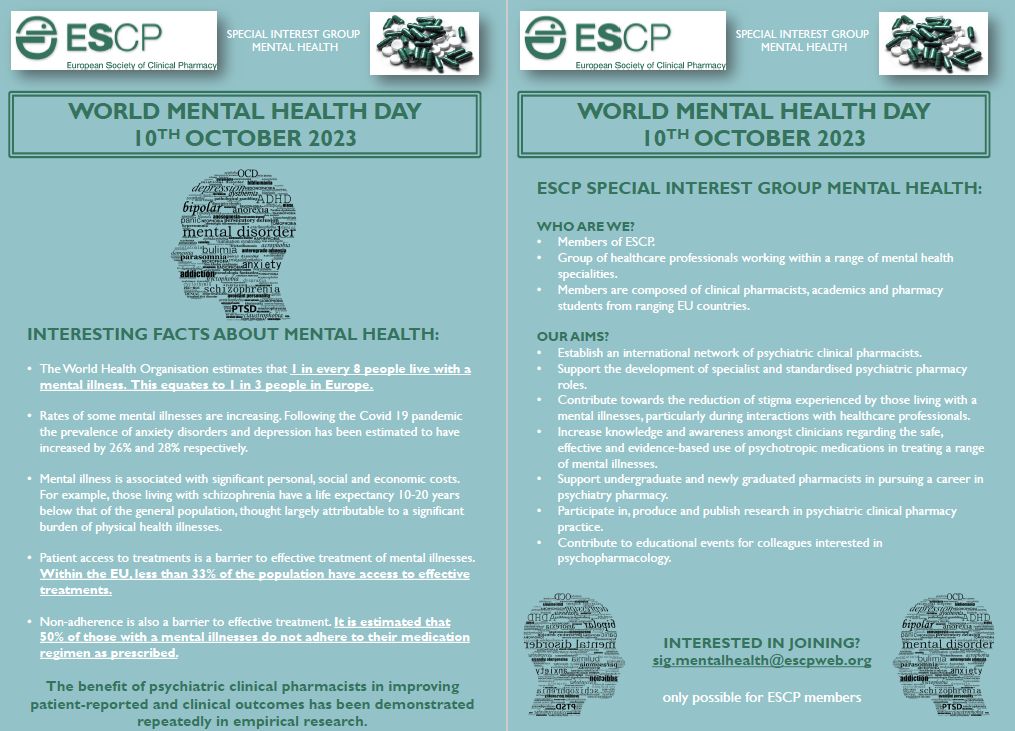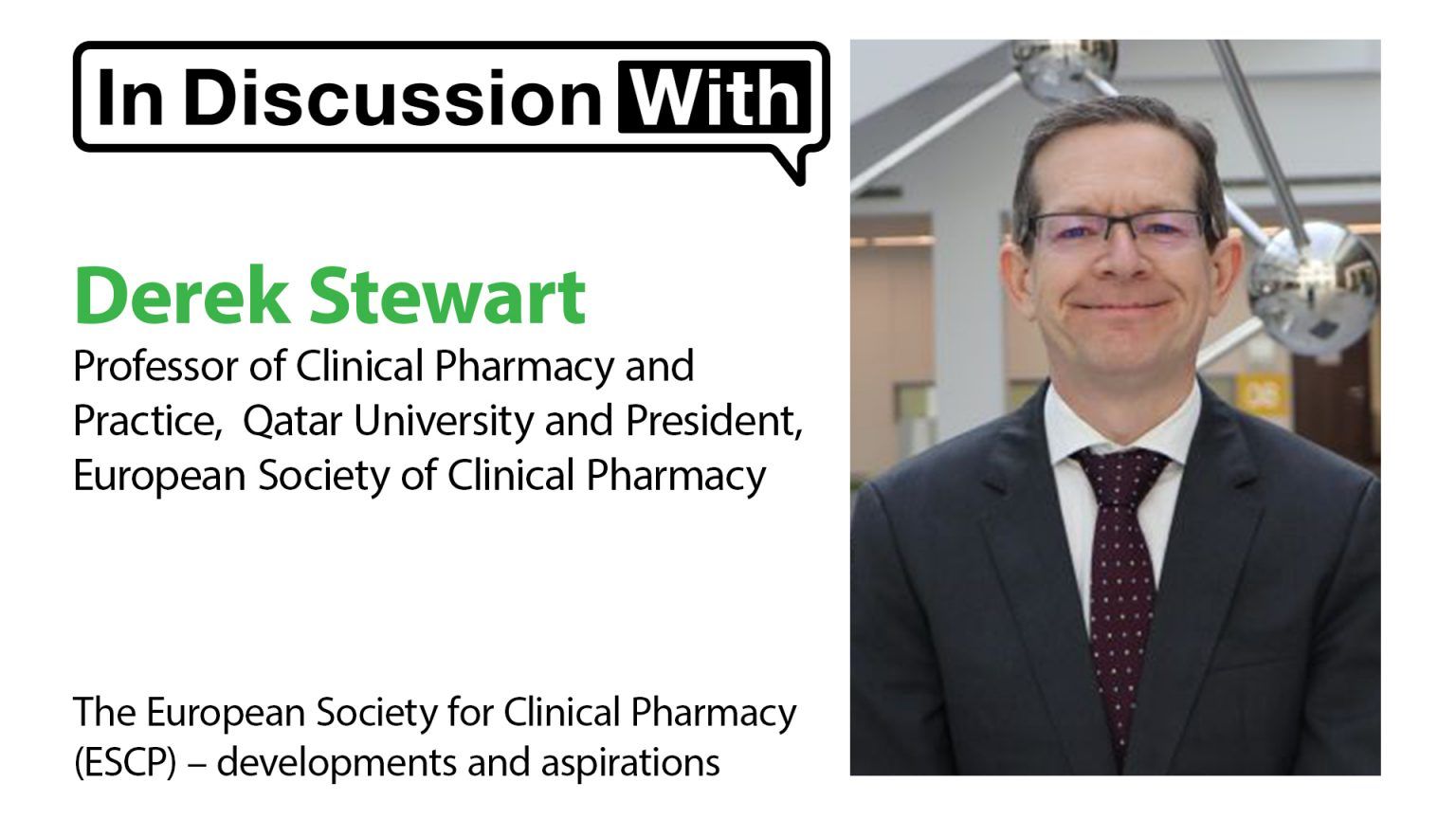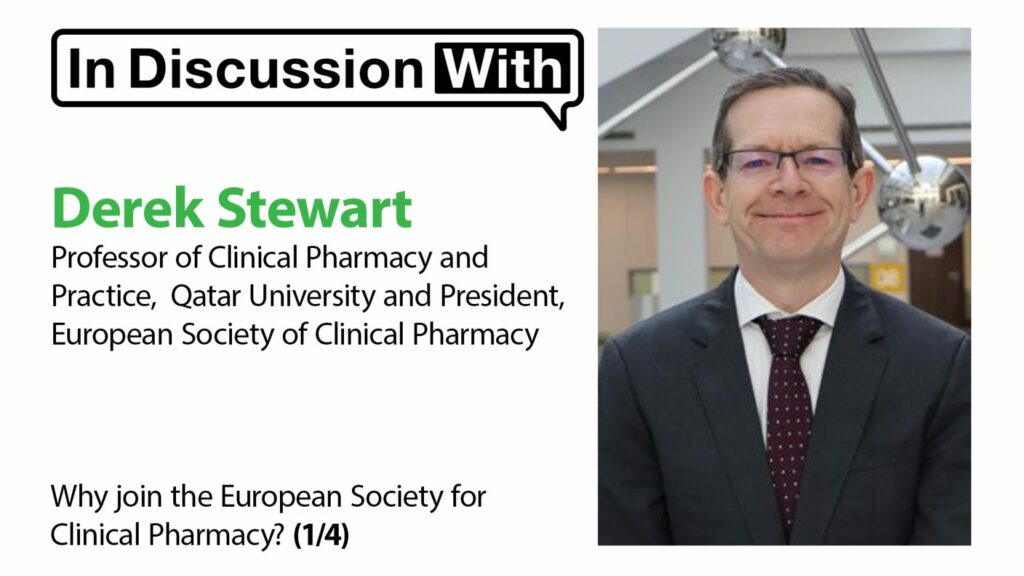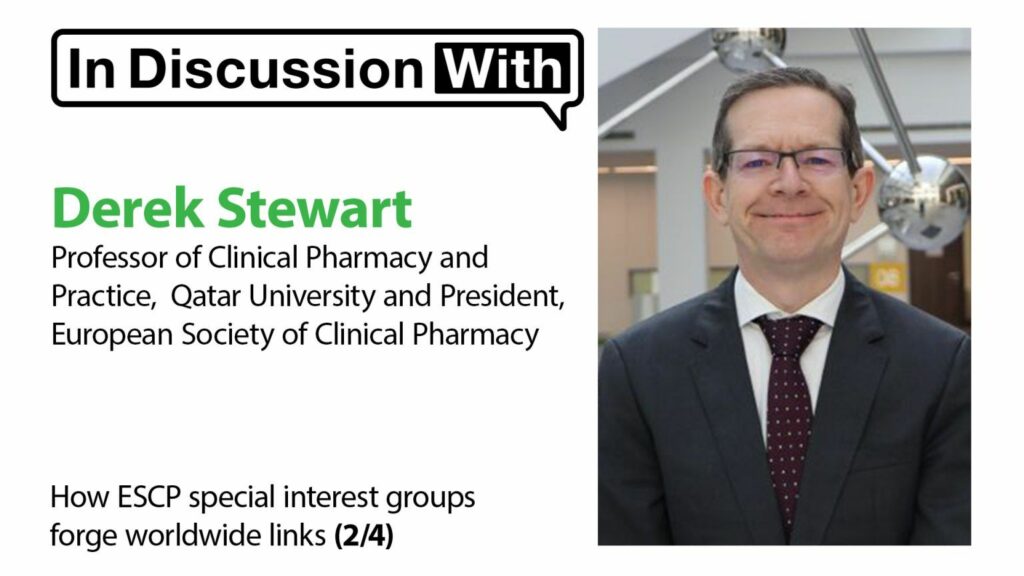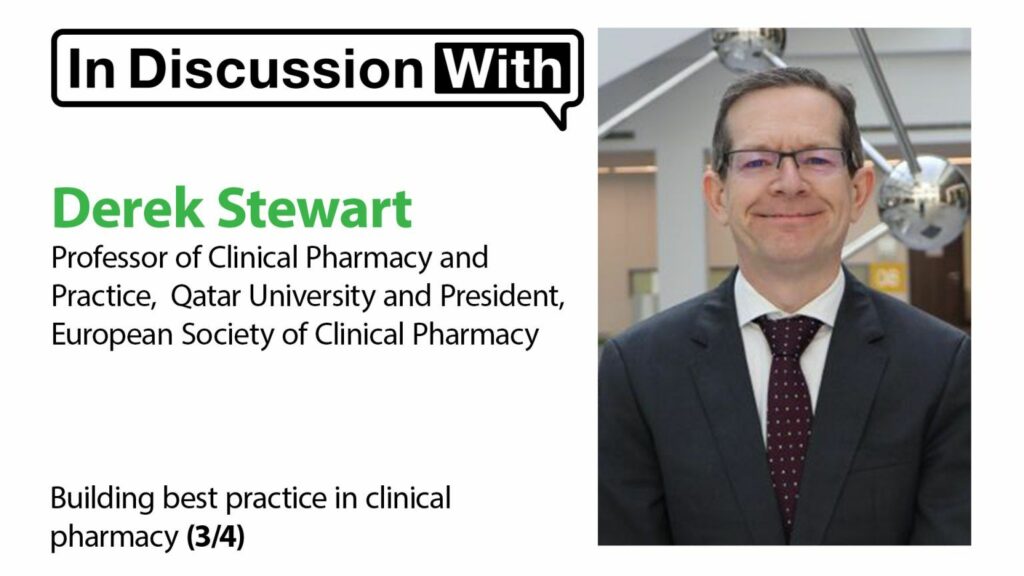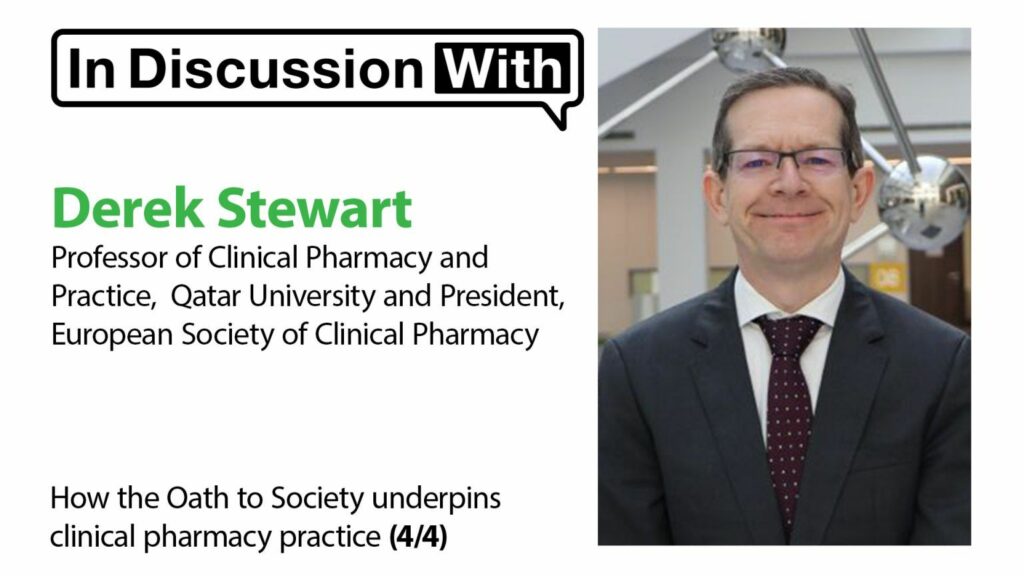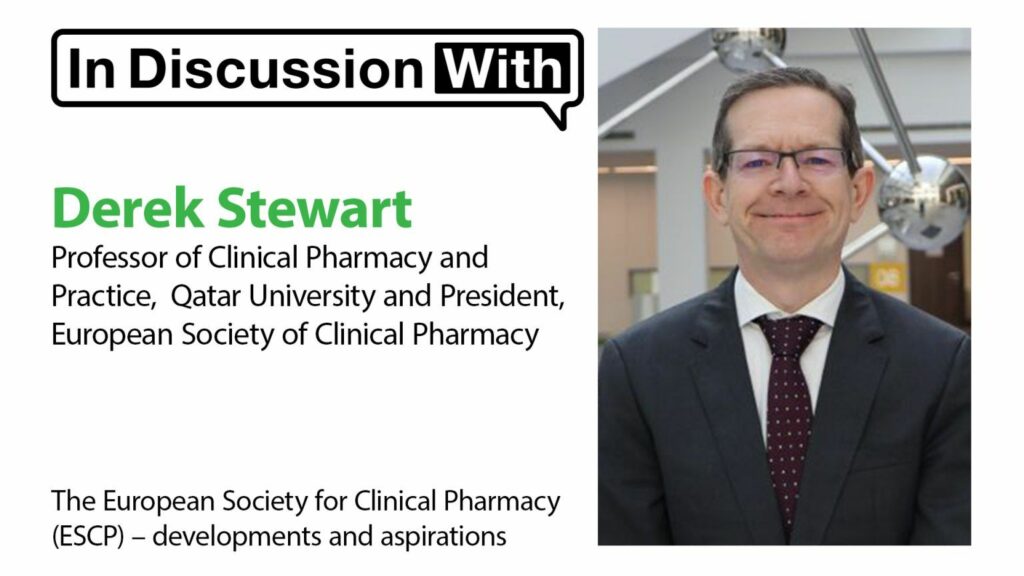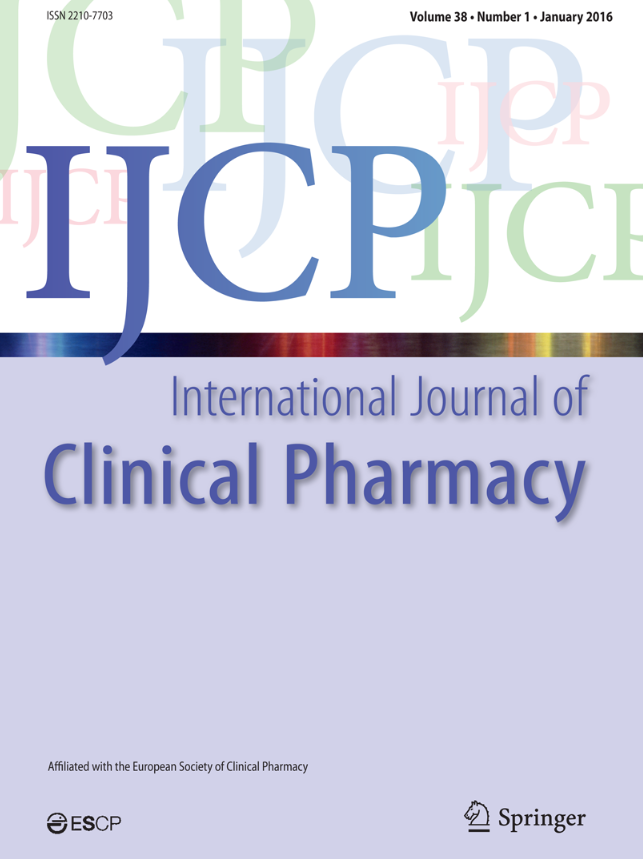ESCP wants your best practice! Deadline for abstract submissions 31 January 2025.
We want your best practice!
The European Society of Clinical Pharmacy (ESCP) and the International Journal of Clinical Pharmacy (IJCP) are continuing the ‘Best Clinical Pharmacy Practice papers’ initiative. We are calling for clinical pharmacy practices and education that describe innovative and sustainable clinical pharmacy practices worth sharing, to be published in the IJCP.
Submissions are welcome from anyone! You don’t need to be an ESCP member or based in Europe!
What is best practice?
Best practices in clinical pharmacy relate to developments in practice and education, which are supported by thorough development and implementation processes along with high quality, robust and rigorous research evidence of evaluation outcomes. These outcomes may include aspects such as acceptability, adoption, (cost-)effectiveness, efficiency, satisfaction, sustainability, etc. Any areas of clinical pharmacy practice and education development in any setting will be considered.
Have a look at some Best Practice publications.
Hazen A, Sloeserwij V, Pouls B, et al. Clinical pharmacists in Dutch general practice: an integrated care model to provide optimal pharmaceutical care. Int J Clin Pharm. 2021;43:1155-1162.
Cheng C, Walsh A, Jones S, et al. Development, implementation and evaluation of a seven-day clinical pharmacy service in a tertiary referral teaching hospital during surge-2 of the COVID-19 pandemic. Int J Clin Pharm. 2023;45:293–303.
Howlett MM, Sutton S, McGrath EL, et al. Implementation of a national system for best practice delivery of paediatric infusions. Int J Clin Pharm. 2024;46:4–13.
The full collection is available on the IJCP website.
What do we ask?
To be considered for publication, the IJCP and ESCP will first select six leading best practice proposals submitted by end of January 2025. The proposal should be formatted as a 250-word abstract (excluding author details) with the following headings:
• Author detail (names affiliations, email of corresponding author)
• Background
• Aim (of the practice)
• Setting
• Development (how the practice was developed)
• Implementation (how the practice was implemented)
• Evaluation (how the practice was evaluated; evaluation findings)
• Conclusion
The top six selected proposals will be given the opportunity to be converted into full manuscripts of 3,000 words maximum. Further information on the format of the full manuscript is available by clicking HERE.
How can you submit?
Submission of manuscripts is made through the ESCP International Office at international.office@escpweb.org
Anyone can submit. You don’t need to be an ESCP member or based in Europe!
Do not forget to submit by 31 January 2025!
